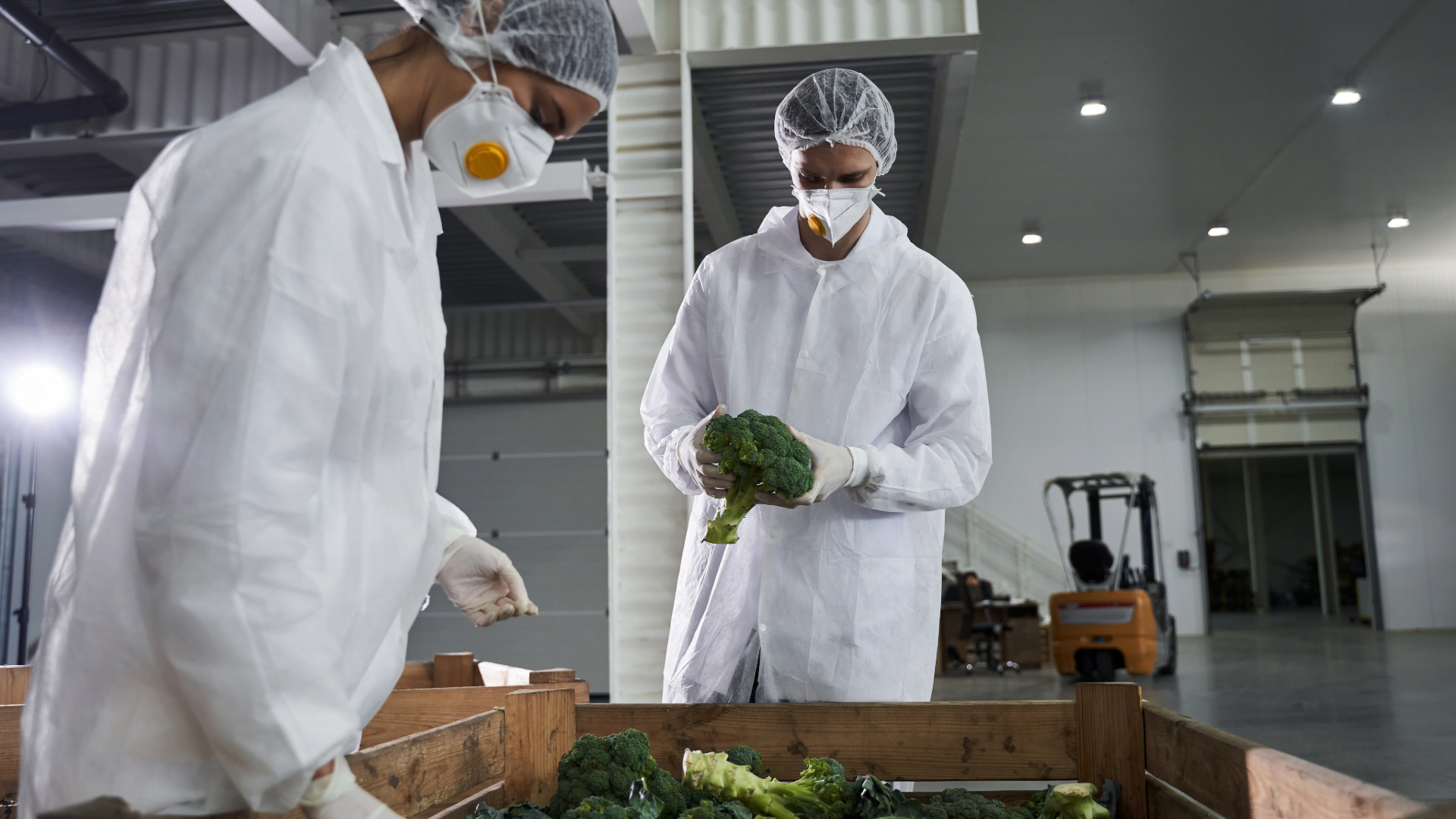
Food industry is one of the largest and most important sector globally, providing essential product and service to meet the nutritional need of population. All businesses involved in the production, processing, distribution, and sale of food products is known as food industry. It’s a vast and diverse sector that includes agriculture, food processing, food packaging, food transportation, food retailing, and food service.
Top 10 Food and Beverage industries in the world
Agriculture:

This includes the cultivation of crops, such as fruits, vegetables, grains, and livestock production.
Food Processing:
Food processing involves turning raw agricultural products into consumable goods. This can include activities like canning, freezing, drying, fermenting, and packaging.
Food Packaging:
Packaging is crucial for protecting food during transportation and storage, as well as providing information to consumers. It includes materials like cardboard, plastic, glass, and metal containers.
Food Transportation:
Transporting food from farms and processing facilities to distribution centers, retailers, and restaurants requires a complex network of logistics, including trucks, trains, ships, and airplanes.
Food Retailing:
Retailers sell food directly to consumers through grocery stores, supermarkets, convenience stores, and online platforms.
Food Service:
This sector includes restaurants, cafes, catering services, and institutional food service providers (such as those serving schools, hospitals, and prisons).
It plays a significant role in economies, employment, and food security. However, it also faces challenges related to food safety, sustainability, and meeting the diverse dietary preferences and nutritional needs of consumers.

The food industry plays a crucial role in economics, employment, and food security in several ways:
Food Industry in Economics :
Contribution to GDP:
The food industry is a significant contributor to the gross domestic product (GDP) of many countries. It encompasses various sectors such as agriculture, food processing, retail, and food service, all of which generate economic activity.
Revenue Generation:
Food companies generate substantial revenue through the production, processing, distribution, and sale of food products. This revenue stream supports economic growth and development.
Export and Trade:
Many countries rely on the food industry for export earnings. Agricultural products, processed foods, and beverages are often among the top exports of countries, contributing to international trade and economic competitiveness.
Food Industry in Employment:

Job Creation:
The food industry is a major employer, providing jobs across the entire value chain. This includes roles in agriculture (farmers, farm workers), food processing (food technologists, production workers), distribution (drivers, logistics managers), retail (store clerks, managers), and food service (chefs, waitstaff).
Rural Employment:
Agriculture, which is a significant component of the food industry, often provides employment opportunities in rural areas where other job options may be limited. This helps in reducing rural unemployment and poverty.
Skills Development:
The food industry offers opportunities for skills development and training, ranging from technical skills in agriculture and food processing to customer service and management skills in retail and food service establishments.
Food Security:

Access to Nutritious Food:
The food industry plays a critical role in ensuring access to a variety of nutritious food products for consumers. Through the production and distribution of food, it helps to meet the dietary needs of populations, contributing to food security.
Food Availability:
Activities such as agricultural production and food processing ensure a consistent supply of food throughout the year, reducing the risk of food shortages and ensuring access to food even during times of crisis.
Food Safety and Quality:
The food industry is responsible for ensuring that food products meet safety and quality standards, thereby safeguarding public health and contributing to food security by reducing the risk of foodborne illnesses.
Overall, the food industry’s economy’s significance, role in employment generation, and contribution to food security highlight its importance in both national and global contexts.





Tell me about the requirements to get started in food industry